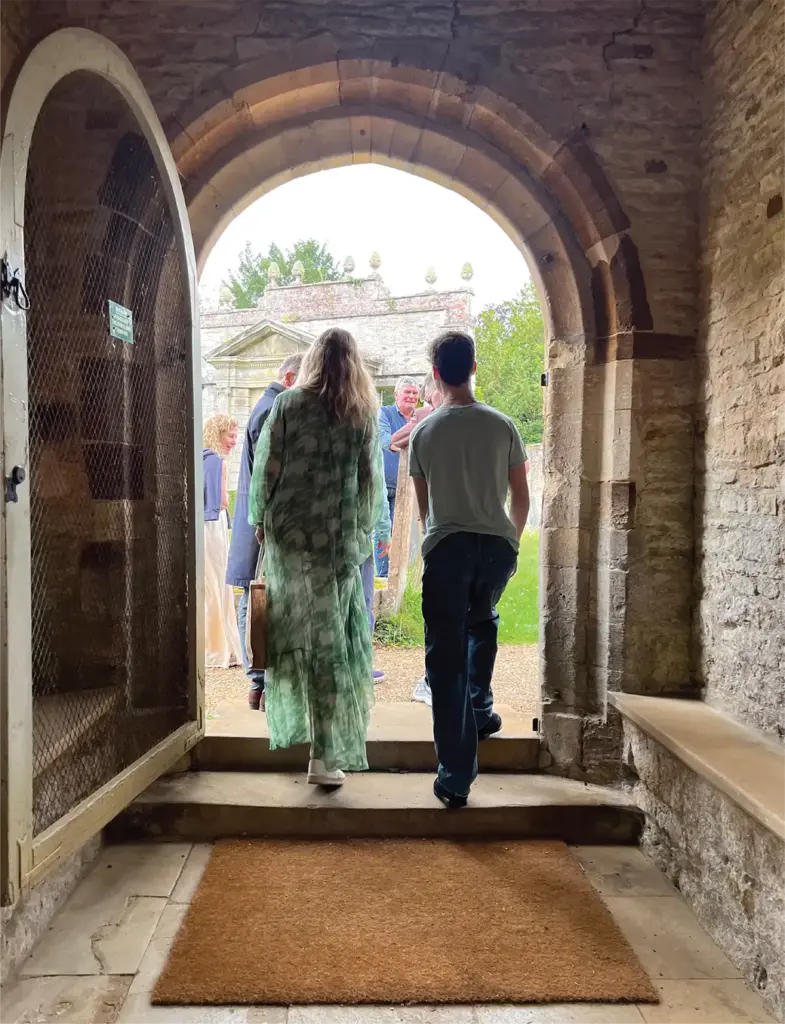
Patrick J. Kennedy famously said, ‘No one is immune from addiction; it afflicts people of all ages, races, classes, and professions.’ At heart, despite our differences, we are all vulnerable to the ravages of chemical dependency, compulsion, and their evil twin, shame. In the UK, it is estimated that addictions consume £15 billion of government resources yearly, and on average, £4 billion of the annual National Health Service (NHS) budget is spent on alcohol and drug misuse. Nevertheless, Natasha Silver Bell, CEO and Founder of SilverBell Global (SBG), explains that within the very impartiality of addiction, the seeds of lasting recovery may be sown: ‘Anchored by equal parts science and art, the SilverBell Global methodology is designed for anyone with a central nervous system – in other words, everyone.’

It’s no secret that substance use changes the way our brains work, with prolonged exposure having devastating consequences. In a 2020 article published by the Cambridge University Press, Ph.D. candidates and researchers from the Division of Psychiatry’s Neuropsychopharmacology Unit at Imperial College London, UK, make clear that ‘neuroimaging is transforming our understanding of the neurobiology of addiction.’ If Functional Brain Imaging allows us to see the brain structure and function-altering neuroadaptations resulting from repeated exposure to addictive substances or behaviors, Natasha Silver Bell wants people to know that the inverse is true as well: sustained recovery practices can be just as neurologically transformative as the addictive behaviors that necessitate them.
[See also: Breaking the cycle of addiction]
Silver Bell ensures SilverBell Global’s Recovery Professionals are steeped in the science of recovery: SBG’s rigorous Professional Development Curriculum provides quarterly workshops and certifications in the most relevant treatment and intervention strategies. Collaboration with best-in-class clinicians and practitioners ensures approaches informed by Polyvagal Theory, Dialectical Behavioural Theory, Neuro/Interoception, Limbic Resonance, and Structural and Functional Neuroplasticity.
SilverBell Global Clinical Advisor and Pain Specialist Dr. Wayne Kampers, who, along with his wife, Integrative Mind-Body Coach Laura Kampers (creators of the Pain Recovery Program), describes neuroplasticity as ‘the brain’s ability to change and adapt in response to stimuli.’ When recovery is the goal, ‘stimuli’ can encompass everything from connection with an ’empathetic witness’ to exercises designed to calm the nervous system.

Coaches with fluency in Dialectical Behavioural Theory skills support clients in rewiring thought processes toward curiosity, resilience, and growth. Polyvagal Theory-informed coaches empower clients to use ‘the science of feeling safe’ to partner with their autonomic nervous system to stay open, engaged, and connected. Coaches well-versed in the neuroscience of somatic approach know that Somatic movement and breathwork can release the physiological Fight-Flight-Freeze response to past trauma.
While less established than the neuroscience of addiction, emerging research into the neuroscience of recovery is equally exciting. Functional brain imaging shows evidence of recovery from prolonged addiction. After 14 months of abstinence from substance use, the dopamine transporter levels (DAT) in the reward region of the brain (an indicator of dopamine system function) return to nearly normal function (Volkow et al., 2001). Adolescents practising abstinence from alcohol have shown significant recovery with respect to behavioural disinhibition and negative emotionality (Hicks et al., 2012).
However, science alone cannot explain SilverBell Global’s renowned ability to change – and save – lives. If the foundation is SBG’s evidence-based methodology practised by vigorously trained coaches, the mortar is the art of coaching itself. Acceptance, empathy, and compassion are the keystones of a strong, safe, and effective coaching structure SilverBell Global builds around clients and families. SBG Recovery Professionals have walked in their client’s shoes and know how to stay present, bear witness, and hold space as clients navigate the uncharted territory between necessity, desire, and willingness.
SilverBell Global is known for combating addiction with grace. When clients feel safe and emotionally held, when families join in the process, when education bolsters awareness, when like-minded clinicians support healing plans informed by the neuroscience of addiction and recovery, and when Recovery Professionals possess the gifts of unconditional empathy, generosity, and empowerment, sustainable recovery is available to every single human being.

